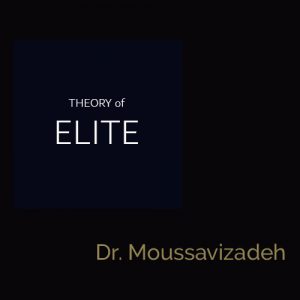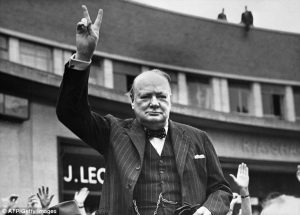Power, and Elite Theories
Thus it can be said executive power in a modern state has similarities with the medical profession. “In the health field the pre-eminence of the medical model of health and illness helps to maintain the powerful position of doctors. Other value and models of health do exist but take second place to the medical model. As Alford (1975a) argues, the medical profession is the dominant structural interest in the health field. Other groups are either challenging or repressed and the fact of medical dominance means that issues are defined in a way which favours doctors. Alternative definitions are her not perceived or are so weakly articulated that they represent no serious challenge”.31 Nonetheless power is being exercised, even though overt conflicts may not occur.
It has also been argued that effective and popular government cannot exist in a no-part state, because citizens have no means which enables them to establish a channel of communication authorities in order to discuss their views. This makes the government fragile as its position will be considered by the people as separate, unconnected, even alien.
Thus, it is necessary to study the importance of parties. In the past political parties did not exist and they still often do not. The reason for this is that first of all, conservatives see parties, and quite rightly, as a challenge to the existing social structure. When there are no parties political leadership derives from position in the traditional hierarchy of government and society. “Parties are an innovation inherently threatening to the political power of an elite based on heredity, social status, or land ownership. The conservative attitude toward parties is well reflected in Washington’s warning in 1794 that “self-created societies” were “labouring incessantly to sow the seeds of distrust, jealousy, and of course discontent” about the country and that if not stopped they would destroy the government of the country”.32
As a result, a ruling monarch views political parties as forces which challenge his authority and make it difficult for him in unifying and modernizing his country. Trying to mix monarchial rule and party government almost always ends in failure. The choice has to be made between either a constitutional monarchy on a one party system like the USSR. If the individual or group wishes to combine conservative authority and modernizing policies, the former is more attractive than the latter. “The modernizing monarch necessarily sees himself as the ‘patriot king’ who is ‘to espouse no party, but to govern like the common father of his people’. The conservative non-royal leader-Sarit, Ayub Khan, Franco, Rhee shares similar sentiments opposed to party development, although he may well be forced to compromise with the need for parties. For a state without parties is also a state without the institutional means of generating sustained change and of absorbing the impact of such change. Its ability to modernize politically, economically, socially is drastically limited. ‘A regime without parties is of necessity’ as Duverger says, ‘a conservative regime.'”33
Secondly, conservatives and the administrators in a modernizing state do not appreciate parties. The reason is that the administrators are reluctant to accept the implications of modernization for broadening the scope of popular participation in politics, because in bureaucracy the goal is efficiency and the elimination of conflict. It is felt that parties bring about irrational and corrupt considerations into the efficient pursuit of goals upon which everyone should be agreed. The conservatives refuse to accept both the rationalizing and the participant aspects of political modernization.



